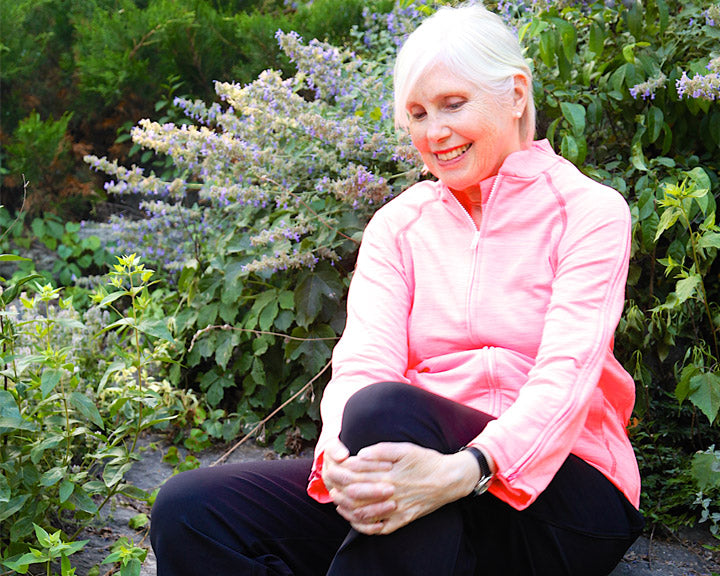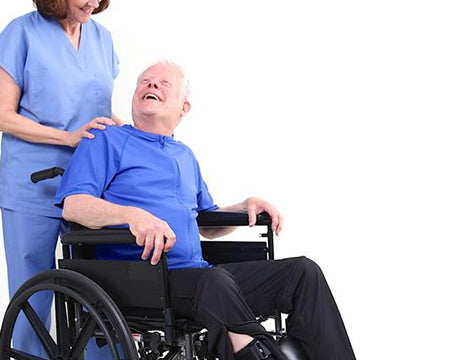By Juliet Faber, LCSW
Seniors who live with chronic pain often experience a range of negative emotions that may accompany or perhaps intensify their physical symptoms. Working with this community as part of a new research study has given me many reasons to explore different ways to help improve how pain patients manage daily living. This is especially helpful when limited mobility due to arthritis or following surgery is causing a senior to feel hopeless or fearful, especially for those who are adapting to using a walker or cane to get around.
It is inspiring how the seniors who are participating in psychotherapy sessions that I provide as part of new research studies underway at Weill Cornell’s Wright Center for the Aging in New York ( https://weillcornell.org/wrightctr ) are making positive changes that help them to cope better with pain. The Problem Adaptation Therapy for Pain (PATH-Pain) study is one of several research projects from the hospital’s Institute of Geriatric Psychiatry that aims to target emotion regulation to improve pain perception and reduce pain-related disability. The study’s goal is to help patients reduce negative feelings from problems they may be facing (or that are more challenging because of pain), and increase their positive feelings and improve mood. By working on behaviors to promote pleasurable activities, patients find that they can better manage their pain and distract themselves, which also helps to lower stress. Of course this approach can be equally helpful for any patient who is struggling to live a full life and less the burden of painful physical symptoms. Among the most effective strategies to try are:
1. Situation Selection (Selecting the situations you are exposed to - so you can
learn to avoid them or make them less frequent)
2. Situation Modification (Changing the situation you are exposed to - by
modifying the environment or engaging in a different activity)
3. Attentional Deployment (Shifting your attention within a situation once the
pain or negativity occurs - so that you stay on track with whatever you had plannedto do in that moment)
4. Cognitive Change (Changing how you think about the situation or your
perspective to encourage a more hopeful outlook)
5. Response Modulation (Focussing efforts to alter your emotional response by
practicing breathing, meditation or exercise to promote relaxation)
In the PATH-Pain program, patients find support from the opportunity to talk
openly about their pain symptoms with a professional therapist like me who can
actively listen, empathize and collaborate on techniques to increase positivity,
which helps to increase hope. Some participants choose to include a partner or
caregiver in therapy sessions to address relationship or communication difficulties and find solutions that lessen tension.
Anyone who is struggling with chronic pain will know first hand what the study
leader, Dr George Alexopoulos, means as he highlighted the importance of this
research:
“ Mood disorders, particularly among mid-life and older adults, are a leading cause of disability, which increase medical morbidity and mortality, cause suffering, and increase the cost of care…With incidence of mood disorders expected to rise as the U.S. population ages, research into these conditions is an important national priority,” he said.
For more information or to enquire about eligibility to benefit from the free
psychotherapy sessions as a study participant, please contact Weill Cornell
Medicine’s Emily Petti on 212.746 7317.





Leave a comment
All comments are moderated before being published.
This site is protected by hCaptcha and the hCaptcha Privacy Policy and Terms of Service apply.